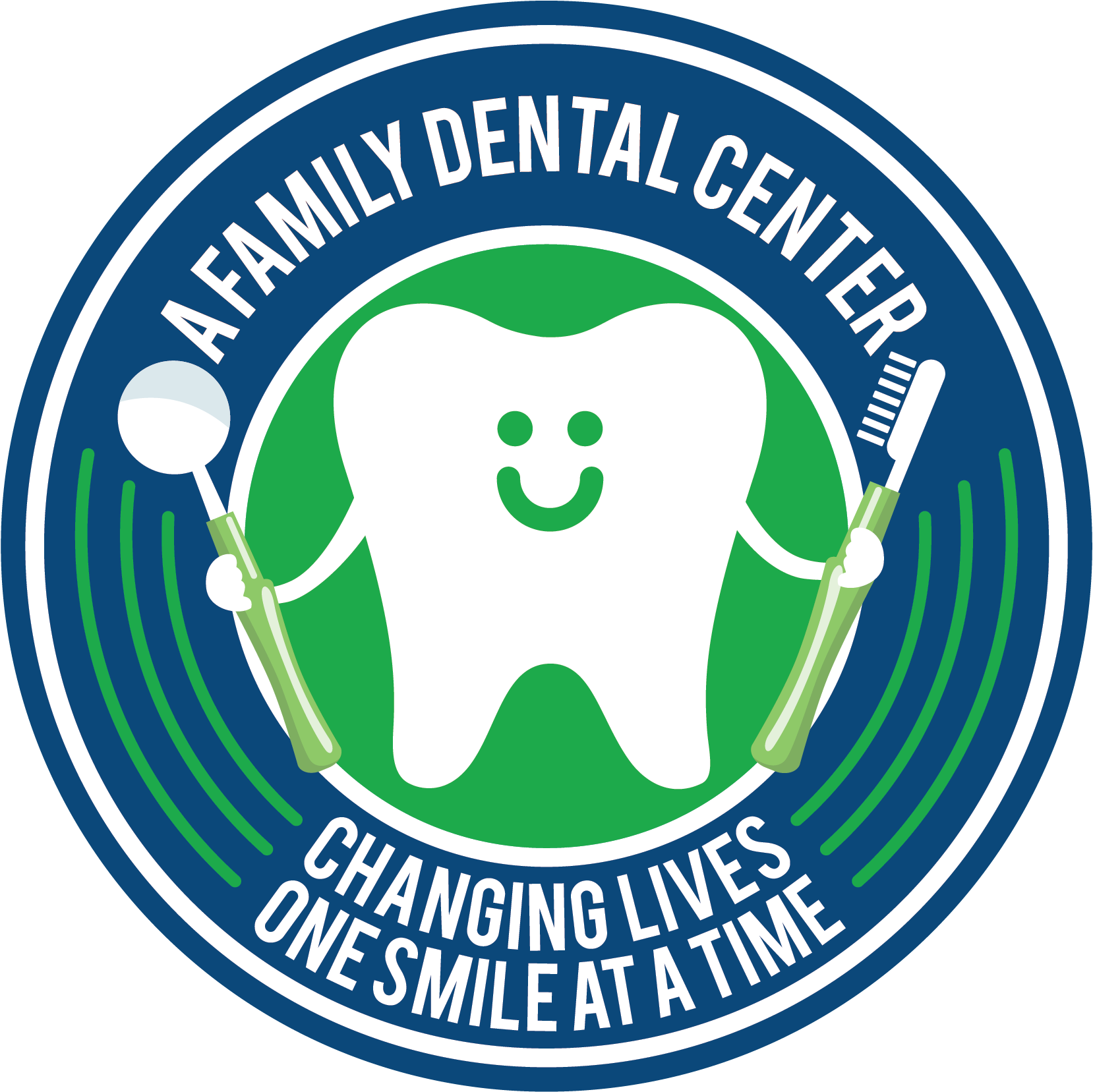
Dental Implant for Diabetic Patient
Diabetes is among the most prevalent diseases today. It is a chronic health condition that affects how your body converts food into energy. Therefore, it affects almost every part of your body, either directly or indirectly. It’s safe to say that your oral health will also be affected, so you might need to visit our Kennewick dentist regularly.
Since diabetes affects your oral health, you might have reservations about getting dental care, especially if you need surgical dentistry in Kennewick. Surgical dental procedures such as getting dental implants in Kennewick, CA, are done with much care.
But the main concern for any patient with diabetes is whether getting implants is a good idea. So, let’s find out!
Why Go for Implants?
Dental implants in Kennewick, CA, come with several benefits, such as restored tooth function, improved speech, etc. But the one that makes implants stand out is stability. The tooth implant is surgically inserted into your jawbone, acting as the new tooth root.
That’s why most dentists recommend dental implants. What’s more, they will give you a much better experience than dentures. Dentures are known for causing gum irritation, inflammation, and infection. You don’t wish to have gum irritation and inflammation when you have diabetes!
Getting implants will eliminate the irritation, infections, and inflammation that dentures cause. In fact, tooth implants might do much more and improve your dental health.
Even though dental implants can improve your oral health, you might need special pre-and post-dental implant care to increase the chances of success.
How Does Diabetes Affect Implant Surgery Success?
Chronic conditions such as diabetes have a knack for creating additional risks during surgical conditions. One of the top concerns when dealing with diabetes is how the disease affects the body’s healing process.
As you may already know, diabetes will cause impairment in insulin production, the hormone that enables your cells to absorb and use glucose in the bloodstream. When blood sugar levels are constantly high, it will impair the function of the white blood cells.
White blood cells (WBCs) are a critical part of the immune system. When your white blood cells are unable to function as they should, the body might not be capable of fighting bacteria and close wounds.
What’s more, you might experience poor circulation since it affects the blood vessels. So, when there is poor circulation, it might take time before nutrients reach the wounds.
Now that you have a picture of how diabetes affects your healing process, you can understand why you should expect healing to take nearly twice as long as people who don’t suffer from the disease.
One last thing; diabetes might affect bone formation around the tooth implant, so there is a risk of post-surgical infection.
Given the risks that diabetes poses, you might assume that the chances of success are close to zero. But that’s not the case, as research shows otherwise.
The Key to Success: Keep Diabetes Under Control
A plethora of studies shows that the key to success is controlling your diabetes. The cases where the patients have controlled diabetes, they have no more risks of failures or complications than non-diabetic patients. Therefore, the converse is true; if you have uncontrolled diabetes, there will be a higher chance of post-procedure infection and dental implant failure.
Our Kennewick dentist will always ascertain whether your diabetes is under control. If it’s not, then surgery is off the table!
Since diabetes affects your healing process, you must keep it under control. Tooth implants rely on your body’s healing ability for the jaw to integrate with the implant. Also, the gums have to heal to help keep the implant in place and keep bacteria and food from reaching the jawbone.
Tooth Implants Are the Best Solution If You Have Diabetes
Healthy diets for people with diabetes always include fresh and whole foods that need more chewing. Therefore, the permanent nature of tooth implants may come as an added advantage since you will have an easier time chewing foods than dentures.
Dentures are prone to shifting in the mouth, causing sores and gum tenderness. So, if you go for tooth implants, you will be killing two birds with one stone; you will be replacing a tooth and improving your overall health.
Contact us at A Family Dental Centre if you are interested in knowing more about tooth implants.
